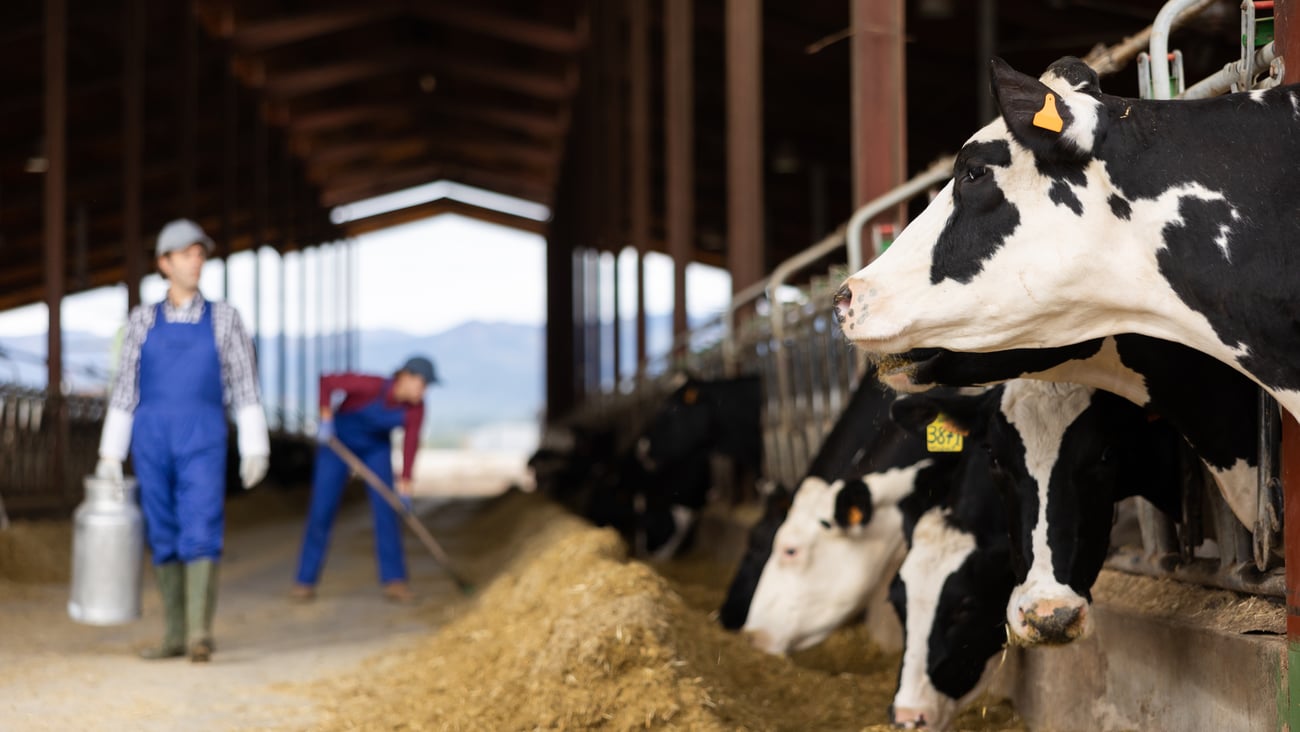A national food strategy: Are we there yet?
With a new federal government and new Agriculture Minister (Lawrence MacAulay) in Ottawa, many are deliberating on the notion of a national food strategy for Canada.
In recent years, many Canadian political parties, think tanks, and trade associations have recommended Canada’s need for a for such a strategy. In fact, most of us by now have lost count of how many strategies have been proposed. Nonetheless, many in the industry question whether Ottawa will set priorities to develop a national food strategy.
Even with a new governing party in Ottawa, things remain in flux. For one thing, MacAulay’s mandate letter from Trudeau was puzzling. MacAulay was charged to craft a national policy that promotes high-quality food products produced by “ranchers and farmers” to Canadians.
The use of “ranchers and farmers” indicates that specific groups have already been chosen before beginning the actual process. Also troubling is that the letter makes no explicit mention of supporting more research and innovation, investments in food processing, address domestic food security issues, or even trades and safety as the Liberals proclaimed during the Fall elections.
The Federal government is notorious for staying on the sidelines and letting others manage and design the perfect food system for Canada. This has proved to be a difficult task, although some groups have done a better job than others. The Conference Board of Canada went through a rigorous 3-year process, and held hundreds of meetings across the country supported by many different stakeholders.
As they dared to come up with a vision, their stance on certain delicate issues, like supply management for example, tainted the exercise along the way. Some regions like Quebec and the Maritimes were barely engaged. Even though the Conference Board of Canada’s attempt had tremendous merit, creating a solution needs to be cultivated in conjunction with a national food strategy.
What needs to be underscored is that the intellectual thinking embedded in the process, which could lead to a strategy, cannot be binary, or worse, politically motivated. The process should not be to position one approach against another, but rather to deliberately leverage Canada’s economic potential and competitive advantage. A case has to be made based on economics, which has always been a stretch for Canadian agriculture.
The overwhelming sense of entitlement and the will to protect our so-called “sacred cows” in agrifood ought to be dealt with early on. As much as the campaign last Fall was encouraging on that front, the mandate letter was not.
The time is arguably ripe to grant our country a vision. Tensions between philosophical food dimensions are slowly dissipating, between the right and the left, the foodies and the industrials. Differences that have historically separated those who have emphasised sustainable food systems from wealth creation enthusiasts are merging, mainly due to systemic pressures like climate change and the decline of the oil sector.
Most have a different mindset when looking at our resources, our economy and most importantly, food. All factions are beginning to befriend each other, which could in turn bring some positive energy to any discussion about the future of our food sector.
Canada needs to develop a national food strategy, similar to countries such as Australia that have established one in recent years. But what it needs even more is unbiased leadership. Providing a vision for our vibrant agrifood sector in Canada is critical. That is likely the easiest part.
Coupled with a recognized vision for our food systems is institutional stewardship. Once we have figured out our key priorities, some institutions ought to be empowered and made accountable to that strategy. Trade groups, universities, research centres, NGOs, and more could be recognized as active caretakers, not just “ranchers and farmers”.
Writing a national food strategy is long overdue in this country. In order to actually work though, difficult decisions will have to be made. Because of our Nordic climate and topography, Canada cannot be a strong performer in all commodity sectors. We will need to become more strategic, and for that, we need bold leadership from Parliament.




